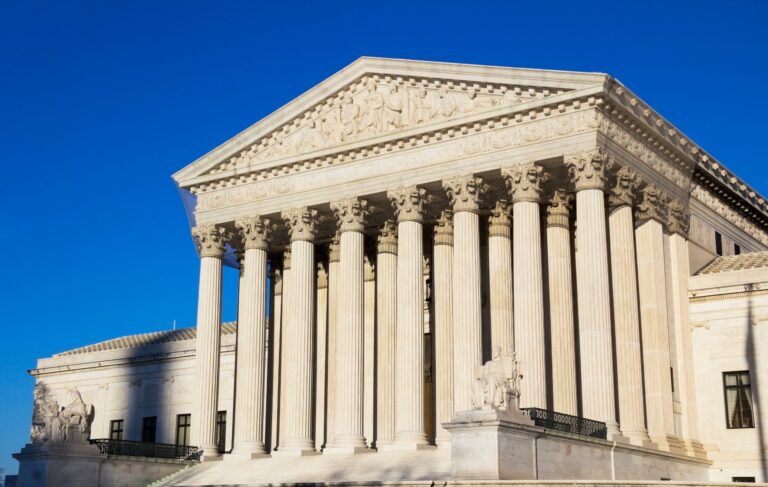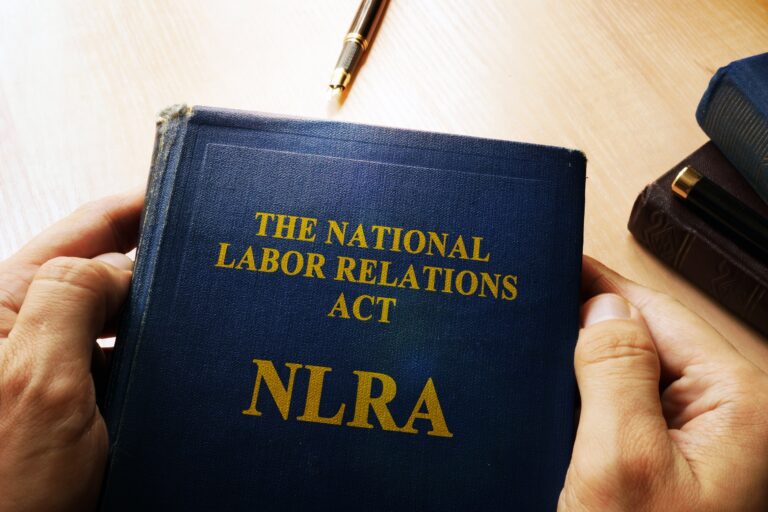
Oscar Gomez Recognized By Florida Trend as a 2025 Legal Elite NOTABLE – Managing Partner
Miami, FL – EPGD Business Law partner Oscar Gomez named among Florida Trend’s 2025 Legal Elite Notable Managing Partners. The

Miami, FL – EPGD Business Law partner Oscar Gomez named among Florida Trend’s 2025 Legal Elite Notable Managing Partners. The

Technology in all areas of life is evolving to implement the use of generative artificial intelligence platforms, such as ChatGPT.

What was the 2017 tax act and what did it change for US corporations’ foreign affiliates and foreign investments? In

On February 21, 2023, the National Labor Relations Board (NLRB) issued its decision in its administrative case: McLaren Macomb, where

Read the article on our website. Read the article in Daily Business Review.

Read the article on our website. Watch the interview on NTD News.

Sunday night’s Oscars ceremony displayed one of the most shocking moments in Oscars history. Towards the end of the ceremony,

Litigation is often dreaded by many in law school and the profession but there are a few ways to not

Litigation is often dreaded by many, especially those who have to pay for it—whether you are a person who needs

Read the article on our website. Read the article in YSF Magazine.
Our team of highly trained attorneys, with over 200 years of combined experience, includes 25 multi-lingual attorneys, and utilizes cutting-edge technology to beat the competition.
Esta es una guía rápida de referencia jurídica que cubre 16 temas que cada empresario necesita saber para empezar un negocio.